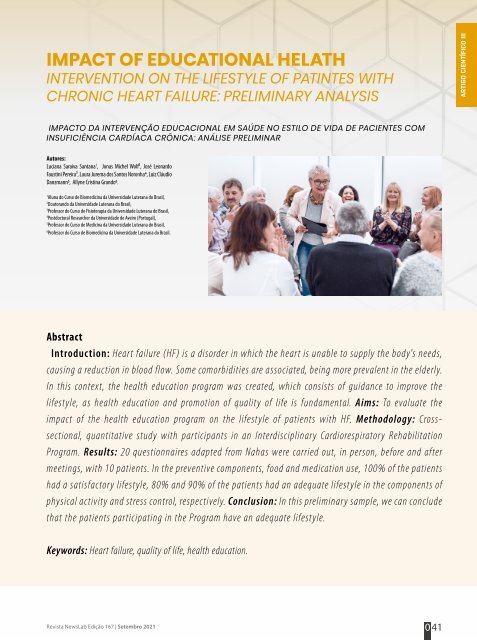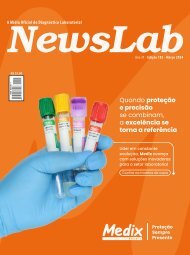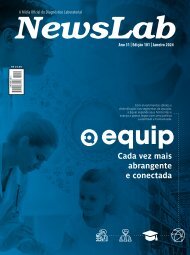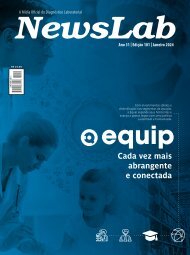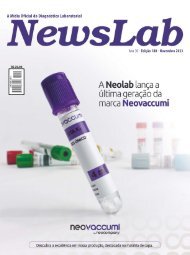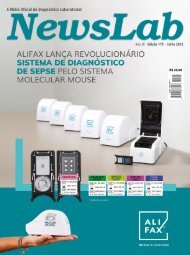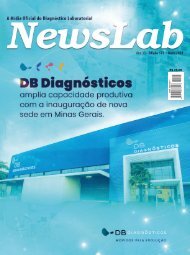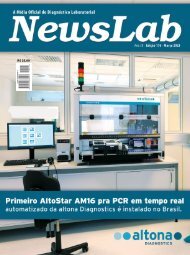Create successful ePaper yourself
Turn your PDF publications into a flip-book with our unique Google optimized e-Paper software.
IMPACT OF EDUCATIONAL HELATH<br />
INTERVENTION ON THE LIFESTYLE OF PATINTES WITH<br />
CHRONIC HEART FAILURE: PRELIMINARY ANALYSIS<br />
ARTIGO CIENTÍFICO III<br />
IMPACTO DA INTERVENÇÃO EDUCACIONAL EM SAÚDE NO ESTILO DE VIDA DE PACIENTES COM<br />
INSUFICIÊNCIA CARDÍACA CRÔNICA: ANÁLISE PRELIMINAR<br />
Autores:<br />
Luciana Saraiva Santana 1 , Jonas Michel Wolf2, José Leonardo<br />
Faustini Pereira3, Laura Jurema dos Santos Noronha4, Luiz Cláudio<br />
Danzmann5, Allyne Cristina Grando6.<br />
1<br />
Aluna do Curso de Biomedicina da Universidade Luterana do Brasil,<br />
2<br />
Doutorando da Universidade Luterana do Brasil,<br />
3<br />
Professor do Curso de Fisioterapia da Universidade Luterana do Brasil,<br />
4<br />
Postdoctoral Researcher da Universidade de Aveiro (Portugal),<br />
5<br />
Professor do Curso de Medicina da Universidade Luterana do Brasil,<br />
6<br />
Professor do Curso de Biomedicina da Universidade Luterana do Brasil.<br />
Abstract<br />
Introduction: Heart failure (HF) is a disorder in which the heart is unable to supply the body's needs,<br />
causing a reduction in blood flow. Some comorbidities are associated, being more prevalent in the elderly.<br />
In this context, the health education program was created, which consists of guidance to improve the<br />
lifestyle, as health education and promotion of quality of life is fundamental. Aims: To evaluate the<br />
impact of the health education program on the lifestyle of patients with HF. Methodology: Crosssectional,<br />
quantitative study with participants in an Interdisciplinary Cardiorespiratory Rehabilitation<br />
Program. Results: 20 questionnaires adapted from Nahas were carried out, in person, before and after<br />
meetings, with 10 patients. In the preventive components, food and medication use, 100% of the patients<br />
had a satisfactory lifestyle, 80% and 90% of the patients had an adequate lifestyle in the components of<br />
physical activity and stress control, respectively. Conclusion: In this preliminary sample, we can conclude<br />
that the patients participating in the Program have an adequate lifestyle.<br />
Keywords: Heart failure, quality of life, health education.<br />
<strong>Revista</strong> NewsLab <strong>Edição</strong> <strong>167</strong> | Setembro 2021<br />
0 41


